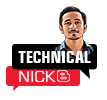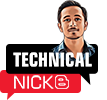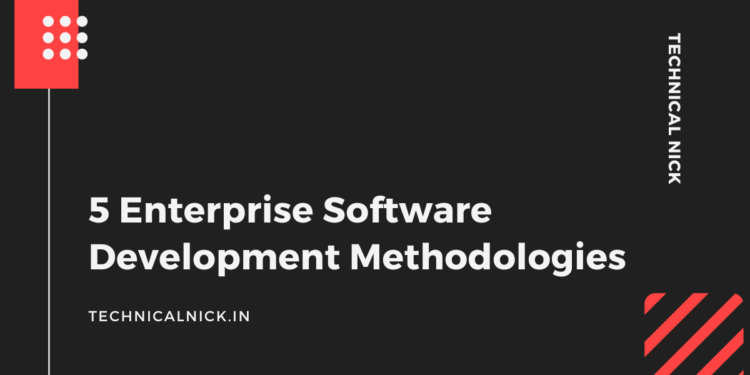Every software development company tries to stay ahead with all the latest trends in innovation and technology to ensure that their clients get the best possible results. And while there are hundreds of methodologies, the company will only employ a select few for their clients. After all, not every methodology will suit every organisation.
So if you, too, are hoping to hire a software development company, you need to know some of the best enterprise software development methodologies in the market. It will help you discuss with your development company before its deployment. Here are the top five software development methodologies you have to be aware of.
In this article, we’ll explore five popular enterprise software development methodologies: Agile, Waterfall, DevOps, Scrum, and Lean.
Agile Methodology
In custom software development, the agile technique is the latest craze. It is unsurprising for techies and those enthusiastic about development and corporate growth.
Thanks to speedier delivery and excellent software performance, you can expect two significant benefits from this methodology: operational flexibility and client satisfaction. Agile emphasizes people and their connections and interactions above tools; it encourages participative leadership or shared leadership all across the design process; it reacts to change rather than sticking to a rigid plan, and it emphasizes presenting working software rather than paperwork.
Waterfall Methodology
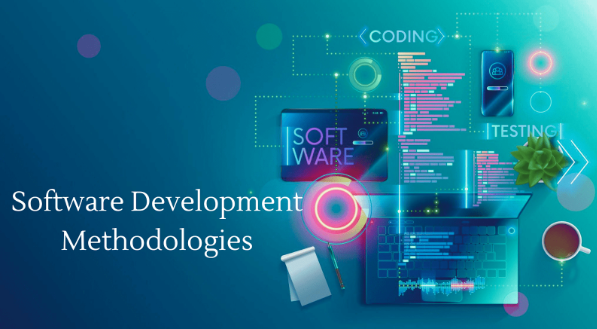
Waterfall is a traditional and sequential approach to software development. Projects following the Waterfall methodology are divided into discrete phases, such as requirements gathering, design, development, testing, and deployment. Each phase must be completed before moving on to the next.
Waterfall is known for its structured and well-documented process, making it suitable for projects with clear and stable requirements. However, it can be less adaptable to changing needs and may result in longer development cycles.
Waterfall is best suited for projects where the scope is well-defined and changes are expected to be minimal. It provides a clear and predictable path, but may not be ideal for projects in fast-paced or evolving environments.
DevOps Methodology
In addition to being a technique, DevOps is an operational and cultural approach that prioritises cooperation between development and operations teams. DevOps aims to improve quality and lead times by automating and streamlining the software development and deployment process.
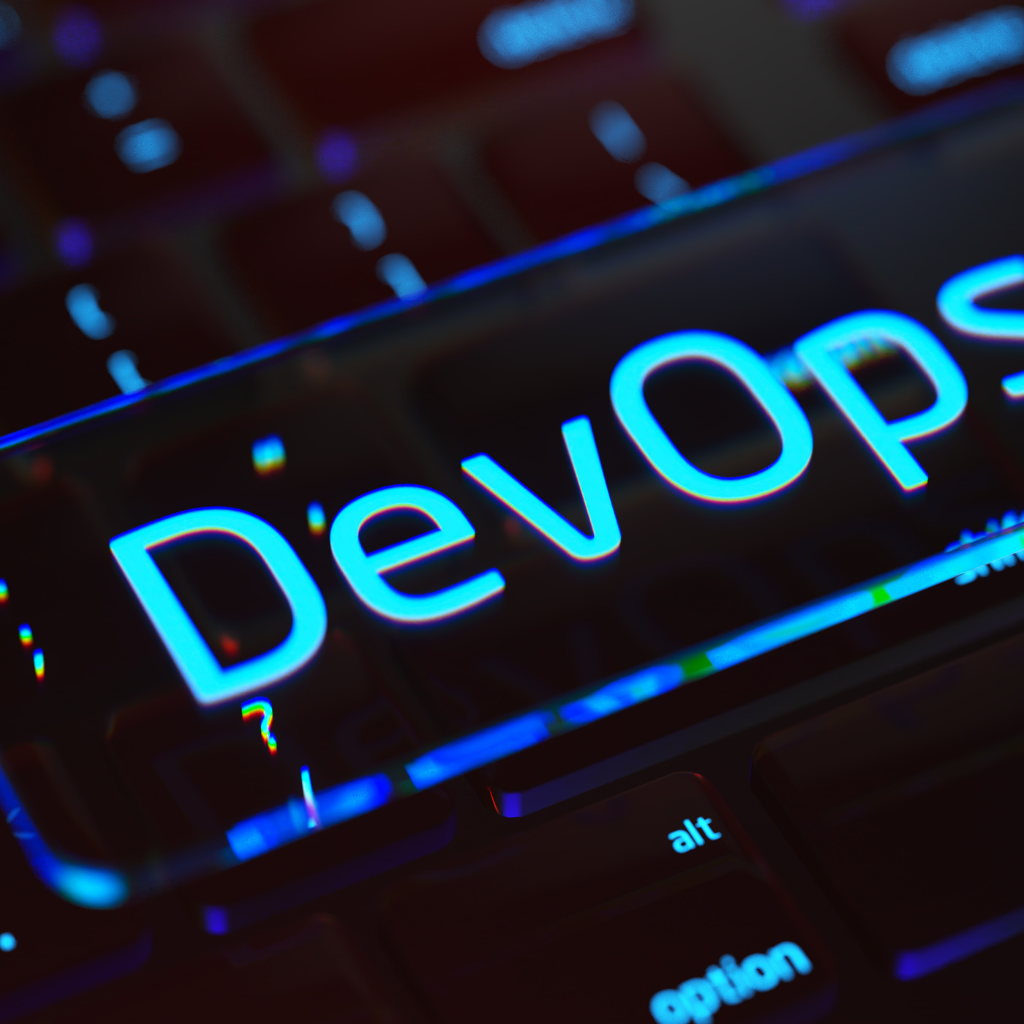
DevOps practices often include continuous integration, continuous delivery (CI/CD), and automated testing. By automating repetitive tasks and improving communication between development and operations, DevOps helps in reducing errors and enhancing the speed of software delivery.
DevOps is especially valuable for enterprises that need to release software updates frequently and maintain a high level of stability and security. It encourages a culture of shared responsibility and continuous improvement.
Scrum Methodology
Scrum is a subset of the Agile methodology and is focused on iterative project management. Scrum emphasizes teamwork, accountability, and adaptability. In Scrum, work is organized into fixed-length iterations, known as sprints, usually lasting 2-4 weeks.
Scrum teams have specific roles, including a product owner, Scrum master, and development team. The product owner is responsible for defining and prioritizing requirements, while the Scrum master ensures that the team follows Scrum practices and principles.
Scrum provides a transparent and flexible approach to software development. Regular meetings, such as daily stand-ups and sprint reviews, keep the team aligned and allow for quick adjustments based on feedback. It is well-suited for projects with evolving requirements.
Lean Methodology
Lean software development is inspired by lean manufacturing principles and aims to eliminate waste and maximize value. It focuses on delivering customer value with the least amount of resources.
Lean encourages teams to identify and eliminate inefficiencies in their development processes. It emphasizes principles like continuous improvement, reducing work in progress, and delivering features as soon as they are ready.

Lean is particularly effective in environments where resources are limited, and efficiency is a priority. By minimizing waste and optimizing processes, Lean helps teams deliver software more quickly and cost-effectively.
Choosing the Right Methodology
The size, complexity, budget, and degree of requirement uncertainty all play a role in choosing the best technique for an enterprise software development project. Here are some pointers to assist you in making a wise choice:
Project Requirements: Consider the clarity and stability of the project requirements. Agile and Scrum are best for projects with evolving or unclear requirements, while Waterfall may be suitable for well-defined projects.
Project Size and Duration: Agile methodologies are often favored for smaller projects with shorter timelines, while Waterfall may be better for larger projects with fixed scope.
Team and Expertise: Assess the team’s experience and expertise with different methodologies. Ensure that the chosen methodology aligns with the team’s skills and capabilities.
Customer Feedback: If customer feedback and involvement are critical, Agile and Scrum are good choices, as they emphasize collaboration and adaptability.
Regulatory Compliance: For projects subject to strict regulatory requirements, Waterfall or a combination of Waterfall and Agile (Wagile) may be necessary to ensure thorough documentation and compliance.
Speed and Efficiency: DevOps and Lean might assist expedite the development and deployment process if speed and efficiency are your top priorities.
Conclusion
And that is all you need to know about the top five enterprise software development methodologies in the current market! These methodologies will ensure that your company can work smoothly on projects with better tools and increased productivity. So what are you waiting for? Contact us for a reliable software development solution today and get started.
To Read More Tech Blogs Visit: Technical Nick

